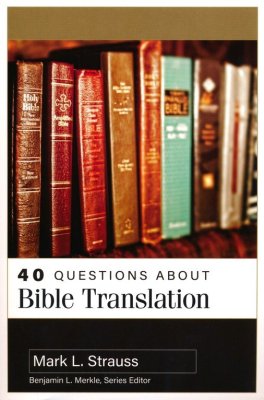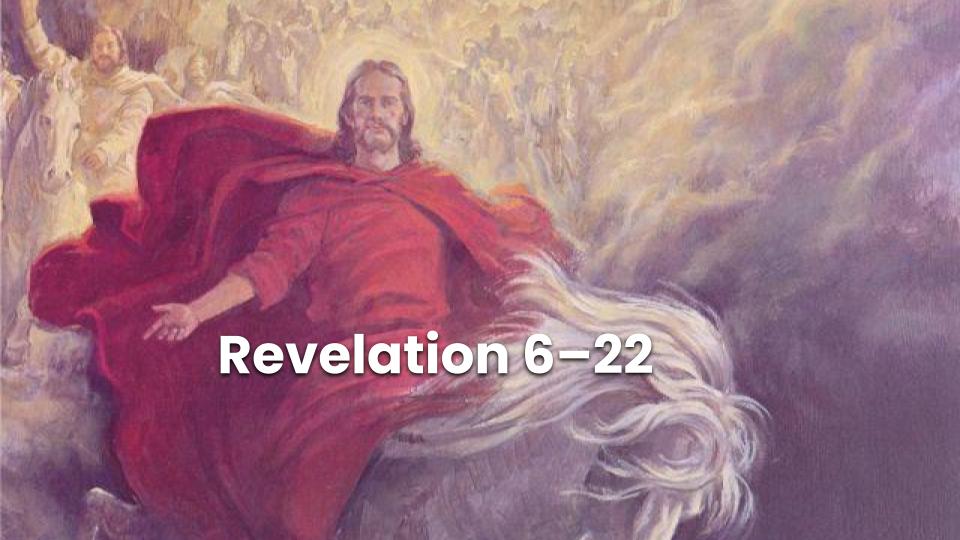I recently created a video with Book of Mormon Central on how Alma uses the words of Abinadi when teaching Corianton. I think there are some really powerful nuggets we can learn from this!
You can watch the video here, and below I include a transcript below if you prefer reading it. This video is based on an article I wrote for BYU Studies Quarterly, which you can read here (lots of juicy details). Also, you can read more posts about Book of Mormon intertexuality, and why it’s so awesome, here.
Today I want to talk about something that might seem a little academic at first, but it has an important application for our lives here and now. Have you ever noticed that when Alma was talking with his son Corianton he quoted from previous prophets? Corianton was worried about the resurrection, and Alma said to him, “And behold, again it hath been spoken, that there is a first resurrection, a resurrection of all those who have been, or who are, or who shall be, down to the resurrection of Christ from the dead” (Alma 40:16). Note that phrase, “It hath been spoken.” But who said it?
A generation or two earlier, Abinadi had taught, “And there cometh a resurrection, even a first resurrection; yea, even a resurrection of those that have been, and who are, and who shall be, even until the resurrection of Christ” (Mosiah 15:21). Can you see the direct connection between those phrases? Alma clearly referring to Abinadi’s words. And guess what, this isn’t the only time he does this. Here’s another example:
Abinadi said, “For were it not for the redemption which he hath made for his people, . . . all mankind must have perished” (Mosiah 15:19). In Alma 42:11, Alma also employs a similar phrase to highlight the supreme importance of Christ in the plan of redemption. He says, “And now remember, my son, if it were not for the plan of redemption, (laying it aside) as soon as they were dead their souls were miserable, being cut off from the presence of the Lord.”
I’m not going to go into all the details in this short video but there are thirteen times that Alma echoes Abinadi’s words while talking to Corianton. And here’s something really interesting. In Alma 40-42 we learn that Corianton has three major concerns, namely, the resurrection, the restoration, and the justice of God in punishing the sinner. Most of the references Alma makes to Abinadi’s words relate to these three issues.
Now let’s get to the question you have—this is all very interesting, but why does this matter?
First, and I wouldn’t base my testimony of the Book of Mormon on this, but it’s still cool, the repeated connections between Abinadi’s discourse and Alma’s conversation with Corianton demonstrate the textual integrity of the Book of Mormon. The Book of Mormon claims to be an ancient record authored by multiple individuals. The consistent patterns of allusions in Alma 39–42 argue for textual intentionality. This isn’t Joseph Smith making something up—the text is too complex for that. This is Alma, poring over the words of a recent prophet, trying to find spiritual help for his son.
This brings me to my second point. Alma could have had a special interest in the words of Abinadi because his father had recorded them (see Mosiah 17:4). Have you noticed that in this family there is a history of wayward men? Alma the Elder was going astray and Abinadi brought him to the truth. Alma the Younger went astray as young man and now Corianton was doing the same thing. Alma loved Corianton and wanted to teach him doctrine that would bring him to repentance. Perhaps he turned to the prophetic words that once had this very effect on Corianton’s grandfather—Alma the Elder. Maybe Corianton had heard his grandfather glowingly speak of Abinadi and was particularly interested in the words of one who had deeply impacted his family’s heritage. Alma may have thought, “If the words of Abinadi sunk deep into my father’s soul and provoked a mighty change within his heart, what better words to share with his wayward grandson?”
This not only strengthens my testimony of the Book of Mormon and helps me see Alma as a real person, it also suggests something about how I study the words of the scriptures and teachings of the prophets. Alma had clearly studied the scriptures. He had paid a price to be so conversant in Abinadi’s words that he could weave them into a conversation as though they were his own. Because he had carefully studied Abinadi’s words, when he was faced with a very difficult situation (a wayward son who had committed serious sin while serving a mission), Alma was able to help Corianton by explaining the words of recent prophets. I want to be able to help my children and others when they wrestle with difficult issues—Alma points a way forward. I need to carefully study the God’s word so I can teach others.
This doesn’t mean that you need to study 24×7, but it does mean that efforts you’re making to study matter. It’s part of the process described in the Doctrine and Covenants: “Treasure up in your minds continually the words of life, and it shall be given you in the very hour that portion that shall be meted unto every man” (Doctrine and Covenants 84:85).






